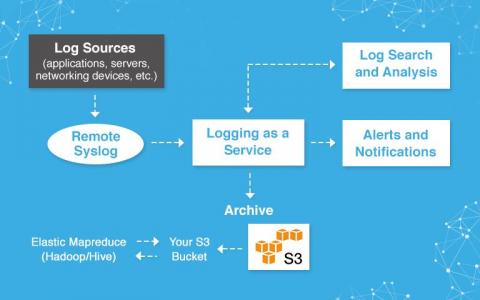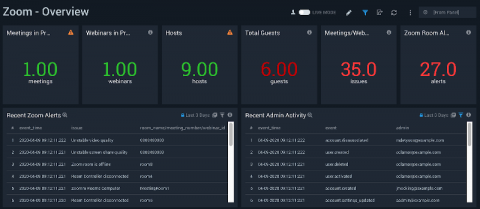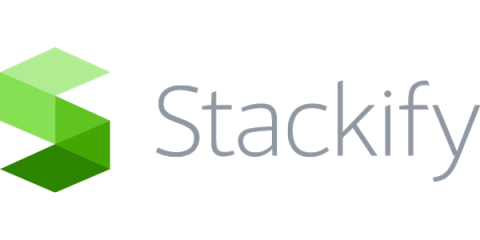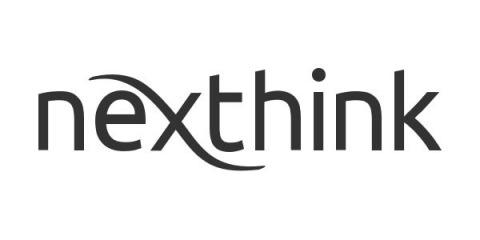Operations | Monitoring | ITSM | DevOps | Cloud
Latest Posts
Logging as a Service: Benefits of Centralizing Log Data
8 Video Call Tips for Working Remotely
We've all been there. It's early in the morning and you're jumping on a call. But you forgot it was a video call, and you also forgot to cover your webcam before joining. So now everyone knows you as the person who wears cheetah pajamas and has a serious case of bed head. Not ideal. Luckily practice makes perfect, and with the upcoming weeks of remote working, we gathered a few video call tips from body language expert, Vanessa Van Edwards.
Ensure a secure and reliable Zoom video conferencing service
What Is Behavior-Driven Development?
We’ve written about the importance of testing before. If you’re in development, you’re no doubt familiar with agile methodology. But sometimes a test-driven approach seems at odds with going fast. And how do you best communicate the importance of testing to everyone on your team? If you’ve felt frustrated with test-driven development or don’t have buy-in from your team, behavior-driven development is there to help.
What Is "Real Browser" Testing? (And Why Is It Different?)
There are two ways to test software. The first and most obvious is to simply allow users to test functionality by using the software as it was intended. This is the method likeliest to produce the most useful and practical results. The other method is by automating testing. This requires a second piece of software designed to provide input and analyze output from the original application.
Getting Started with JavaScript and InfluxDB 2.0
With 200+ plugins, Telegraf has a wide variety of methods for scraping, writing, and querying data to and from InfluxDB. However, sometimes users need to perform data collection outside of the capabilities of Telegraf. Perhaps they need to collect custom data and monitor application performance. Maybe they want to take advantage of external tools and libraries to create beautiful web-based visualizations for their users.
What 700+ IT Operations Pros Learned about Improving the Remote Work Digital Experience
Missed our webinar on remote work digital experience? Watch the recording here. It’s no secret that many IT departments are scrambling to support hundreds, and in some cases, thousands of new remote workers. Last week over 700 IT Operations leaders and professionals registered for our Remote Work digital experience webinar because right now these people are facing unprecedented pressure to keep their companies productive and their employees free of technology disruptions.
Challenges Faced by MSPs in Light of COVID-19
The COVID-19 crisis has proven to be a challenging time for IT support teams and managed service providers (MSPs). It hasn’t only left these organizations in a vulnerable position, but also in a state of uncertainty as to what may be in store for them. OnPage interacts with current and prospective clients ranging from large businesses to small and medium enterprises (SMEs).
Staying Focused on Digital Transformation During Covid-19
CIOs and other IT leaders know the importance of having a well-oiled machine to support the vast requirements of the business. Not having a Google-like experience of an always-up, always-fast, easy to use technology ecosystem can be a competitive disadvantage. More pressing is that while most businesses want to reinvent, through digital transformation or other methods, these large-scale efforts fail 70% of the time.











